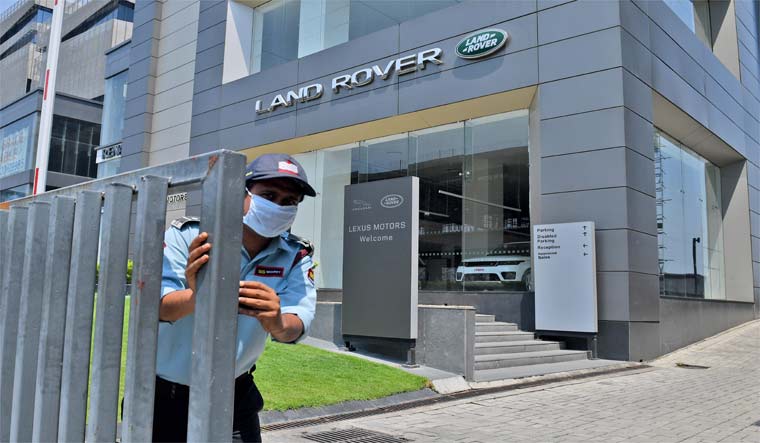First, the good news: Car and two-wheeler sales are going up. The trend witnessed in August got bolstered last month as well, with passenger vehicles sales going up by 26.45 per cent while bike and scooter sales went up 11.64 per cent.
And this weekend marks the beginning of Navaratras, followed in a month's time by Diwali—traditionally the biggest shopping season in most of India, when people loosen their purse strings. Augurs well, right?
“We are expecting good demand in the festive season starting tomorrow,” says Kenichi Ayukawa, Maruti Suzuki MD and CEO who is also the president of the auto industry body SIAM, “Thanks to government intervention, auto loan rates are below 8 per cent, the lowest in a decade, and that should encourage customers to buy new vehicles.”
Then, why are top honchos at many of India's automakers a worried lot?
The reasons are primarily three-fold. For one, while percentage figures show that cars and bikes are picking up, there is much to be read between the lines. For example, sales were down in the dumps even before COVID, as early as mid-2018. While Covid was an absolute low, the present figures show that recovery, if any, will be zig-zag and gradual. For example, as SIAM director-general Rajesh Menon points out, sales of three-wheelers and commercial vehicles, significant indicators of a spurt in economic recovery, have only been declining.
“For the quarter July-September, three-wheelers saw a de-growth of 74.63 per cent, while commercial vehicles declined by 20.13 per cent, compared to the same quarter in 2019,” Menon points out. And that was a slowdown period with falling sales to start with.
The industry's other big worry is the government's repeated snubbing of the industry's demands for sops. Calls for a GST cut have been turned down consistently, once recently after the finance minister gave a glimmer of hope saying that GST cut for two-wheeler was reasonable. Similarly, while it was announced that the union government will come out with a scrappage policy for old vehicles more than a year ago, nothing much has moved. A robust policy for disposing off old vehicles would have given a fillip to auto sales.
Then, of course, there is the festive season mirage, an affliction the industry now knows only too well by now. Since 2018, auto sales have gone up during the festive period, only to plummet in the subsequent months.
With the kind of economic uncertainty around, automakers are fearful of exactly that. Ayukawa said as much, after releasing the auto sales figures for September on Friday morning,
“We expect strong demand in the festive season but will have to watch out for sales in Q4 (the January to March quarter which follows the festive months) to see if auto sector demand is sustainable.”
With April-June sales virtually washed away due to the lockdown, that will be crucial if 2020-21 sales are to show some proof of resilience that the economy in general, and the auto industry in particular, is hoping against hope will come through.








